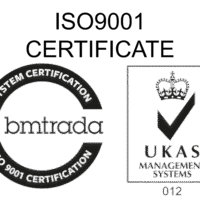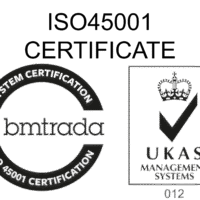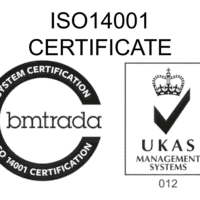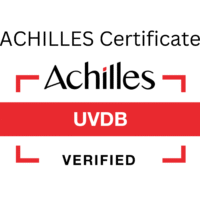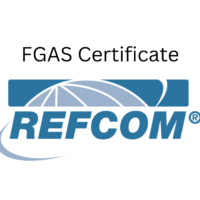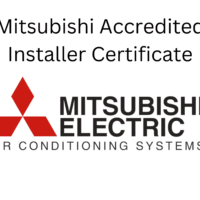Hydrofluorocarbons (HFCs), Perfluorocarbons (PFCs) and Sulphur Hexafluoride (SF6) are all types of F-Gas. HFCs are the most common type of F-Gas and are mainly used as the refrigerant in air conditioning and commercial refrigeration systems. Therefore, all users of refrigeration and air conditioning equipment have responsibilities for the F-Gas they have in their mechanical heat pump or cooling systems.
The European Union’s Original F-gas Regulation No 842/2006 became law on 4 July 2006. This imposed obligations on operators of this equipment from 4 July 2007 that you should know about. F-gases include HFCs, which are the commonest refrigerants in use today. The Regulation aims to minimise emissions of these gases, which affect global warming if they escape into the atmosphere.

